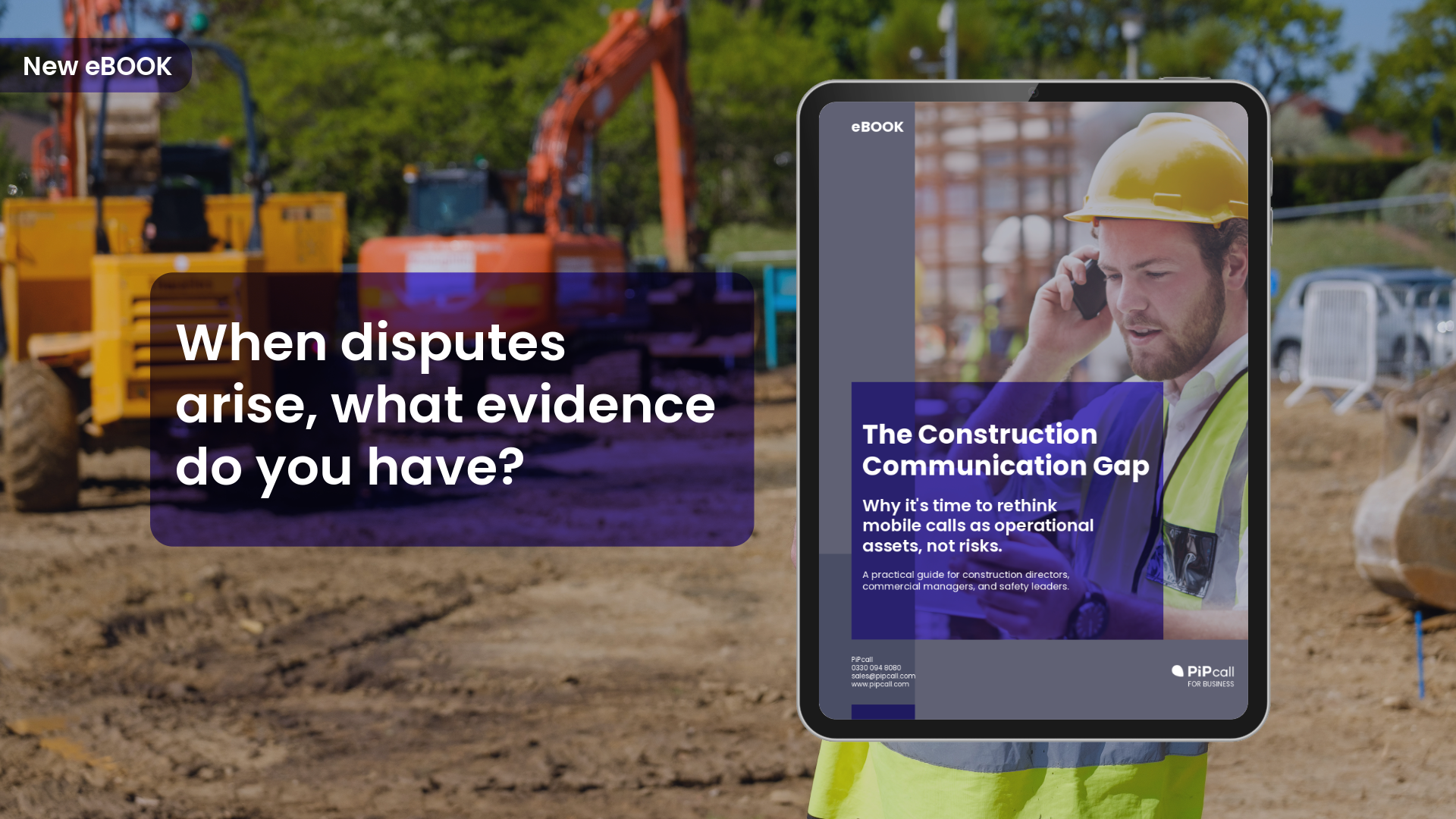In the diverse economic tapestry of the United Kingdom, mobile and distributed teams are not just a modern trend but a driving force behind industry innovation and agility. From tech startups to established healthcare providers, various sectors are harnessing the prowess of decentralised talent. Below, we delve into a selection of industries where mobile and distributed teams are not only prevalent but revolutionizing the way business is conducted:
1. Construction: Construction projects often require teams to work at multiple sites, with workers and managers moving between locations as needed. Mobile and distributed teams are crucial in ensuring effective communication, coordination, and project management.
2. Healthcare: Healthcare professionals such as community nurses, paramedics, and home care workers frequently work in mobile or distributed settings, providing care and services to patients outside of traditional healthcare facilities.
3. Sales and Marketing: Sales representatives and marketing teams often work remotely, visiting clients, attending events, or working from home. These teams require effective communication and collaboration tools to stay connected and productive.
4. Field Service and Maintenance: Industries with field service operations, such as telecommunications, utilities, and facility management, rely on mobile teams to perform maintenance, installations, and repairs at various locations.
5. Transportation and Logistics: Drivers, delivery personnel, and logistics coordinators work in distributed settings, ensuring the efficient movement of goods and services across the country.
6. Consulting and Professional Services: Consultants, accountants, and lawyers may work remotely or travel to client sites, requiring efficient communication and collaboration tools to stay connected with their colleagues and clients.
7. IT and Software Development: Many tech companies have adopted remote or distributed work models, allowing software developers, engineers, and IT professionals to work from home or other locations, fostering a more flexible and collaborative work environment.
8. Education and Training: Teachers, trainers, and tutors may work remotely or travel between schools, universities, and training centers, delivering education and training services to various locations.
9. Emergency Services: Emergency responders, such as police, fire, and ambulance services, operate in mobile and distributed settings, responding to incidents and emergencies across their jurisdictions.
These industries, among others, benefit from modern communication tools and technologies that enable efficient communication, collaboration, and coordination among mobile or distributed teams.
Empower yourself with the knowledge and tools necessary for success in the age of mobile and distributed workforces with our comprehensive guide.





.png)
